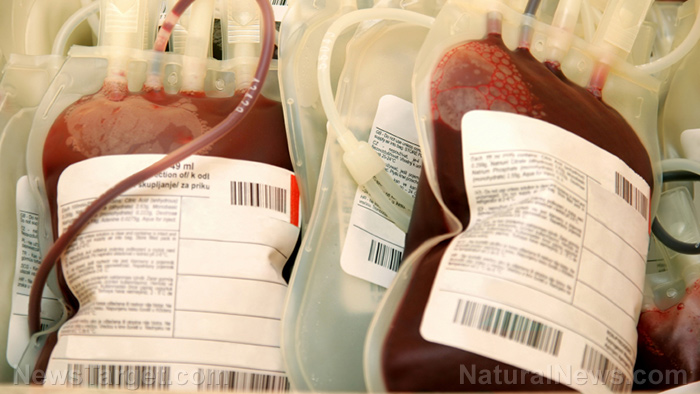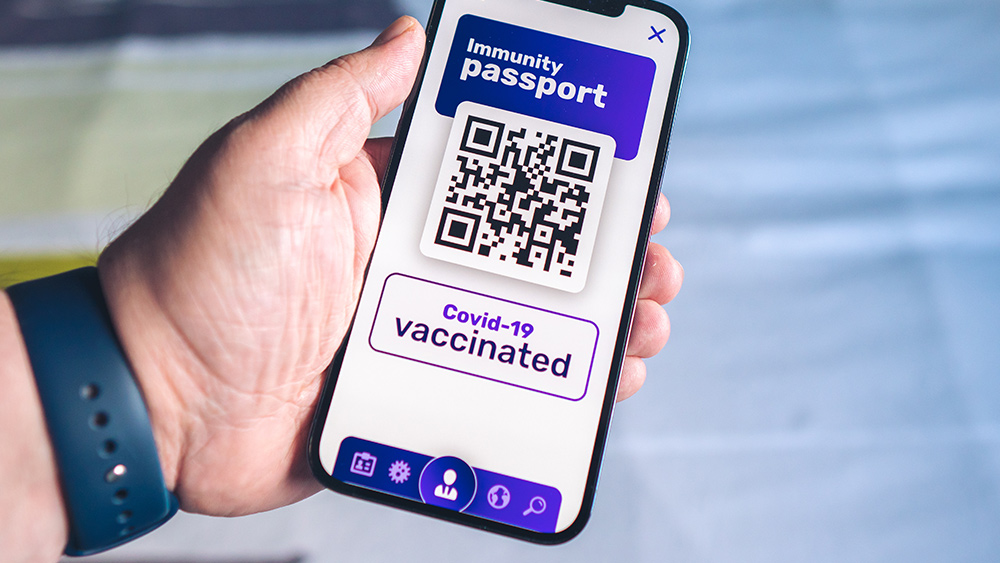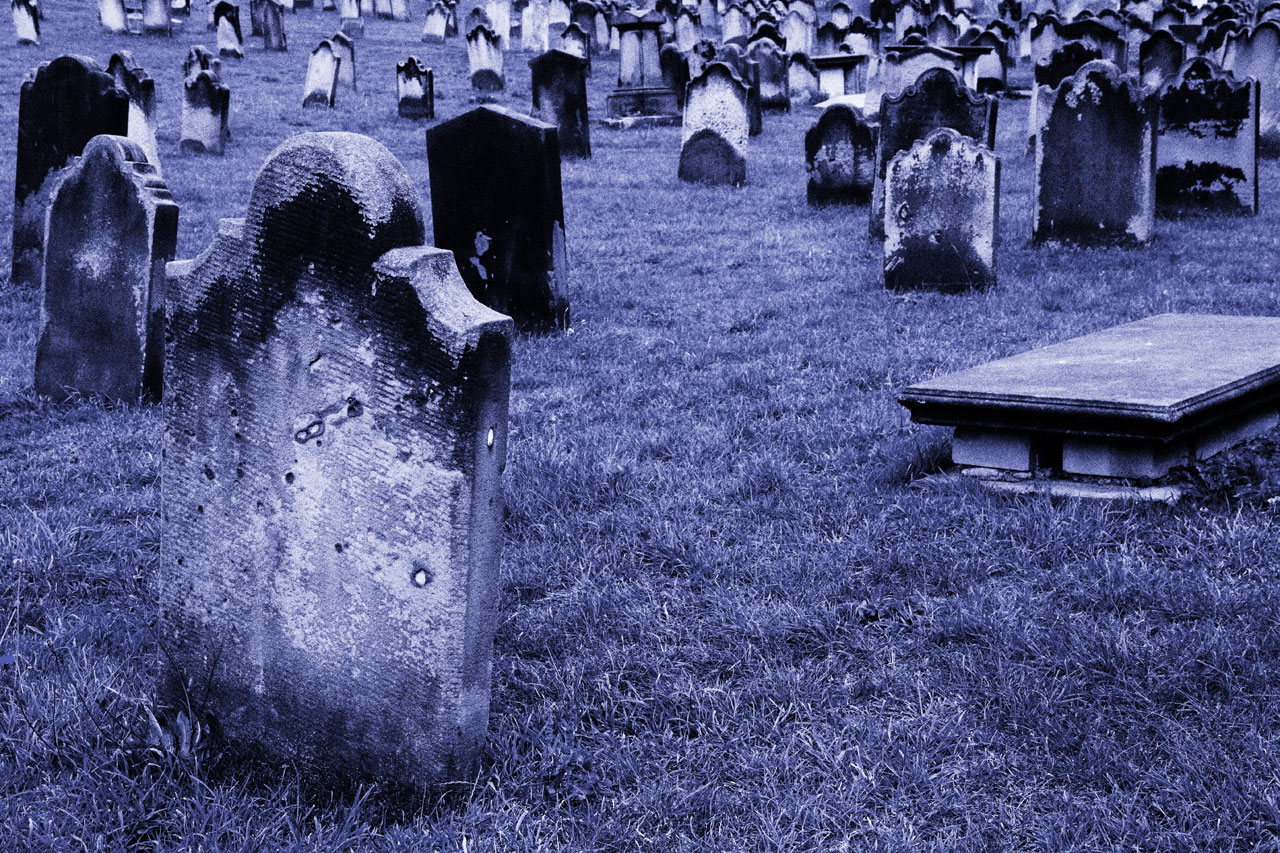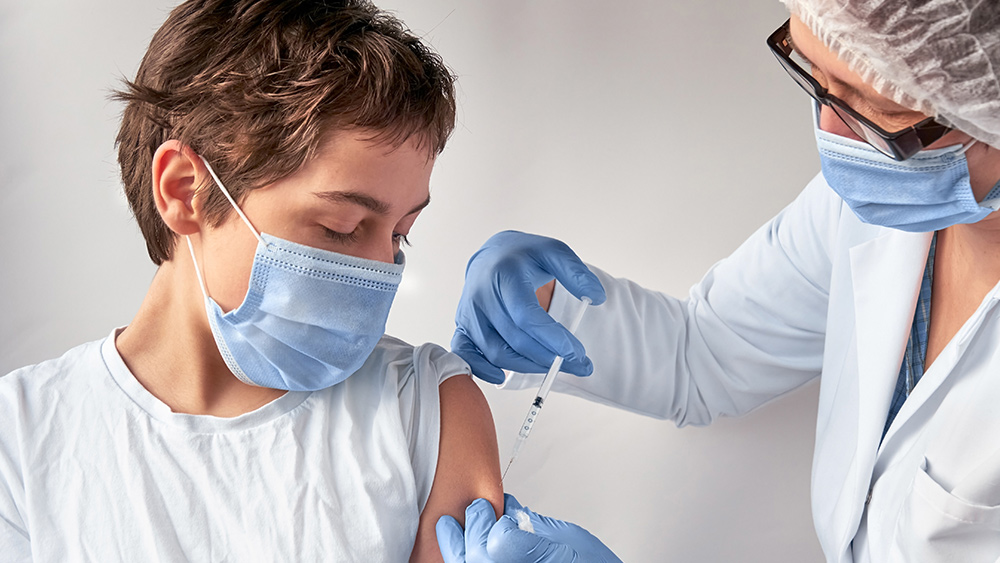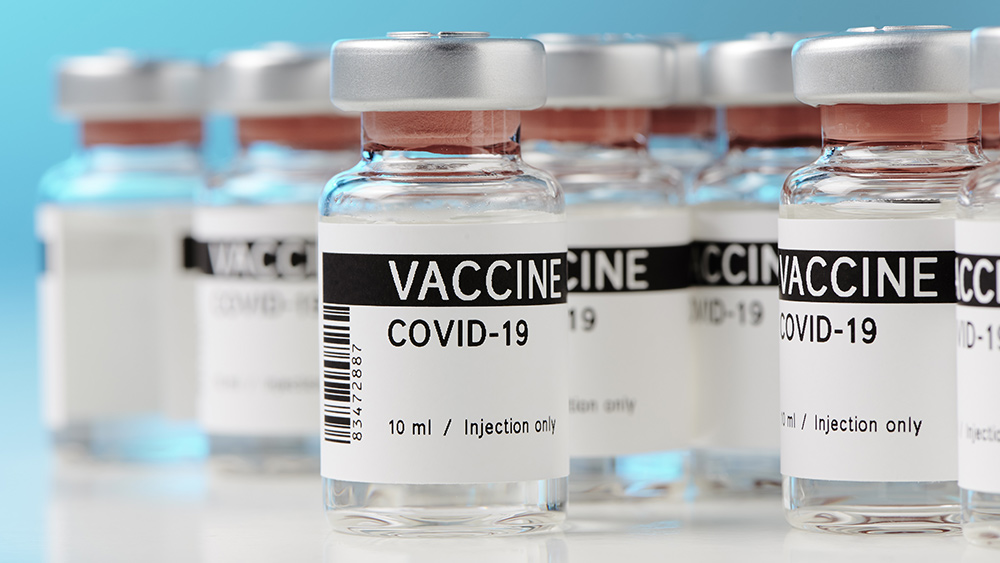CDC offers $3M for NEW TRICKS to vaccinate college students and prisoners
12/06/2022 / By Kevin Hughes

With Americans not keen on getting vaccinated against influenza and Wuhan coronavirus (COVID-19) these days, the Centers for Disease Control and Prevention (CDC) is now offering $3 million to any organization that can come up with ways to convince more college students and prisoners to get vaccinated.
The CDC is giving $1.5 million to local or state governments, nonprofit organizations, school districts or others that will do research on how to get more college students to receive the shots. (Related: CDC admits to deliberately withholding incriminating COVID jab data from the public to minimize “vaccine hesitancy.”)
The researchers will evaluate what college students understand and how they perceive the flu and COVID-19 vaccines along with the mandates. The recipients of the grants will also need to recognize the barriers to getting vaccinated despite the vaccines being free and readily available.
They will then plan and carry out means to have college students be vaccinated. Several universities have already expelled students who refused to receive the vaccine. The University of Virginia alone kicked out 238 students in 2021 for that reason.
Another $1.5 million will be spent to try to vaccinate more people in prison.
The objective is to find out why many prisoners aren’t vaccinated and “improve immunization delivery.” Only half of the U.S. prisoners have received the COVID-19 vaccine, according to reports.
College students and prisoners are generally young and healthy people. The CDC does not need to spend $3 million in taxpayers’ money to know that young and healthy people don’t need the vaccines to avoid getting infected with the flu or COVID-19.
Factors that can lead to vaccine hesitancy
Meanwhile, a study published in Nature Human Behavior suggested the following factors that can lead to vaccine hesitancy: misinformation, ever-changing guidance and requirements and an unstable epidemiological environment.
According to the study, vaccine hesitancy is not a static state. A person’s belief may change depending on various interpretations, but developmental information is always happening.
“I think the driving force is misleading information,” said Dr. Esteban DelPilar-Morales, infectious disease physician at Baystate Health.
DelPilar-Morales said that for the Black and Latino communities, receiving information from trustworthy sources is the most troublesome because they are becoming difficult to find. He added that the language barrier is another hindrance.
“It’s very challenging to address vaccine hesitancy because depending on who you are talking to, there is a different tactic,” DelPilar-Morales added.
The World Health Organization (WHO) previously stated that vaccine hesitancy is one of the top 10 global health threats.
But people across the globe have valid reasons to be hesitant in receiving vaccinations.
DelPilar-Morales himself admitted that vaccines don’t really prevent infections. “People that are usually getting sick and ending up in the hospital are those with significant medical conditions. Even if they have the vaccines, they have a higher chance of getting complications compared to someone younger and healthier,” he said.
“Throughout the years we saw other vaccines that have been around for decades and there are still a number of reasons for people not wanting them.”
Follow VaccineWars.com for more news about the federal government using different tactics to vaccinate more Americans.
Watch the video below to know more about the rise of vaccine hesitancy.
This video is from the Scriptural Scrutiny channel on Brighteon.com.
More related stories:
Sources include:
Submit a correction >>
Tagged Under:
big government, CDC, college students, conspiracy, covid-19, deception, Flu shots, freedom, health freedom, infections, influenza, insanity, medical extremism, outbreak, pandemic, prisoners, vaccine, vaccine hesitancy, vaccine wars, World Health Organization
This article may contain statements that reflect the opinion of the author
RECENT NEWS & ARTICLES
COPYRIGHT © 2017 IMMUNIZATION NEWS



